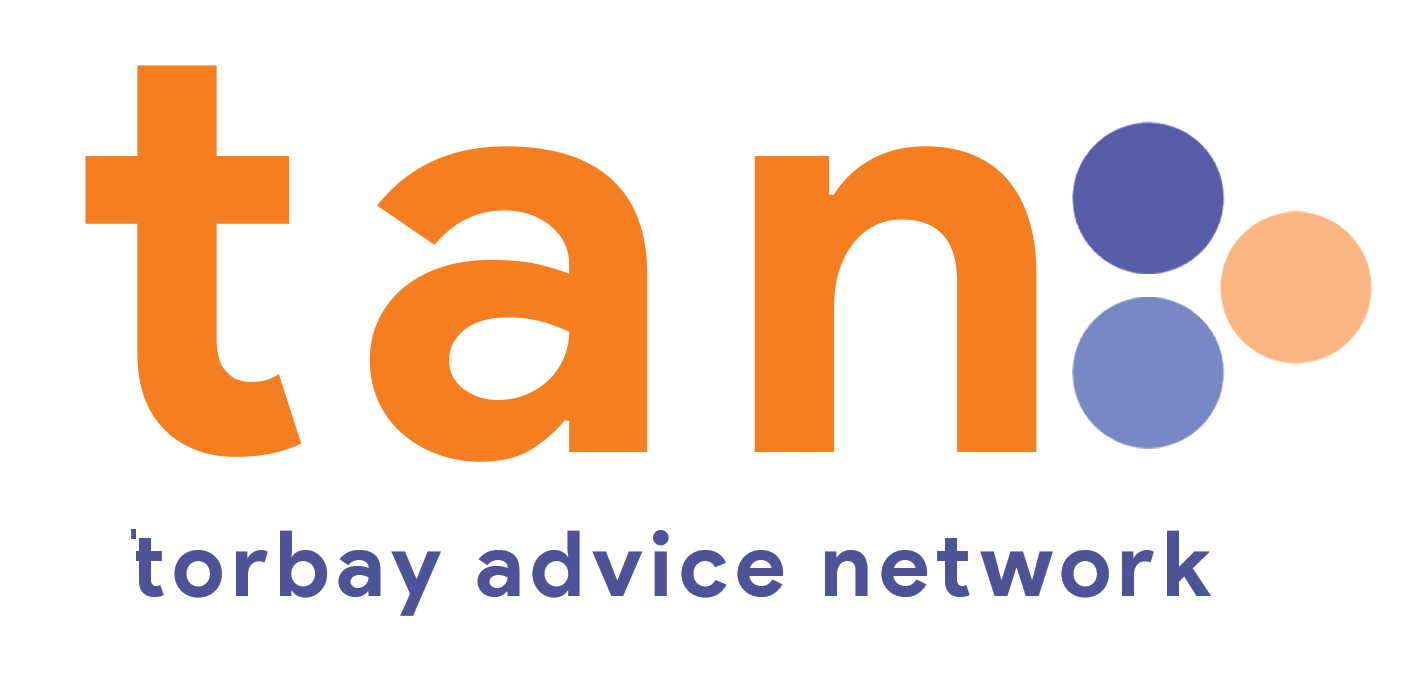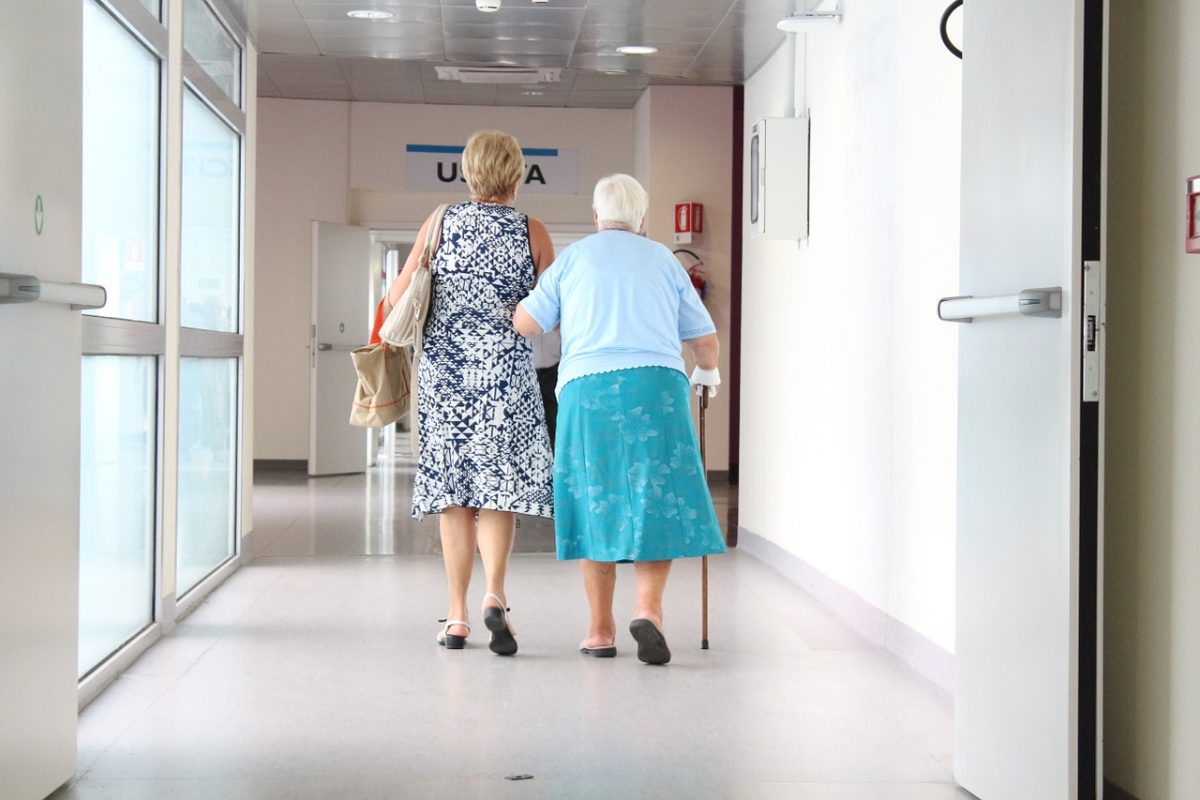Today, April 17th 2024, DR UK launched their Sharing Information on Disability report, brought together by Advice Services Manager, Rundip Thind. This report presents findings from a survey conducted in March and April 2023, designed to better understand the experiences of Disabled students, trainees and employees in respect of sharing information on disabilities and exploring what could make sharing such information easier.
New legislation has expanded rights for employees around flexible working, paid and unpaid leave, and protection from redundancy during parental leave.
A practical guide for line managers on recruiting, managing and developing people with a disability or health condition.
There have been two turning points in trends in life expectancy in England this century. From 2011, increases in life expectancy slowed after decades of steady improvement, prompting much debate about the causes. Then, in 2020, the Covid-19 pandemic was a more significant turning point, causing a sharp fall in life expectancy, the magnitude of which has not been seen since World War II.
With as many as 1.2 million autistic people in England, as well as up to 2.2 million people with attention deficit hyperactivity disorder (ADHD), providing the right support is no small ask. Jessica Morris assesses the data to reveal what is happening to referrals for autism assessments and prescriptions for ADHD medication in England, and looks at what might lie behind any recent changes.
The NHS Health Check is a national programme commissioned by local councils that measures a range of risk factors. These case studies highlight how councils are working with the NHS to deliver health checks for their communities.
New income statistics suggest this parliament is on course to be the worst for living standards on record. The Department for Work and Pensions released the latest official statistics on household incomes, poverty and income inequality, covering April 2022 to March 2023.
Cost of living pressures continue to stretch the household finances of older people. Age UK conducted two waves (January 2023 and January 2024) of polling to assess the impact. While our evidence suggests that some people have begun to adjust to the cost of living, for millions of older people the situation remains completely unmanageable.
A minimum standard of living is more than just food, clothes and shelter: it’s about having the opportunities and choices to participate in society. This is the 11th report in a series monitoring the number of people living beneath the Minimum Income Standard (MIS) in the UK.
Our right to personal liberty dates back to Magna Carta in 1215, if not before: “No free man shall be seized or imprisoned…except by the lawful judgement of his equals or by the law of the land.” This fundamental idea, which was further developed and enshrined in the Habeas Corpus Act in 1679, is at the heart of our understanding of what it means to be free and to live in a democracy. It is part of our birthright and something we are proud of and rightly hold very dear in this country.



